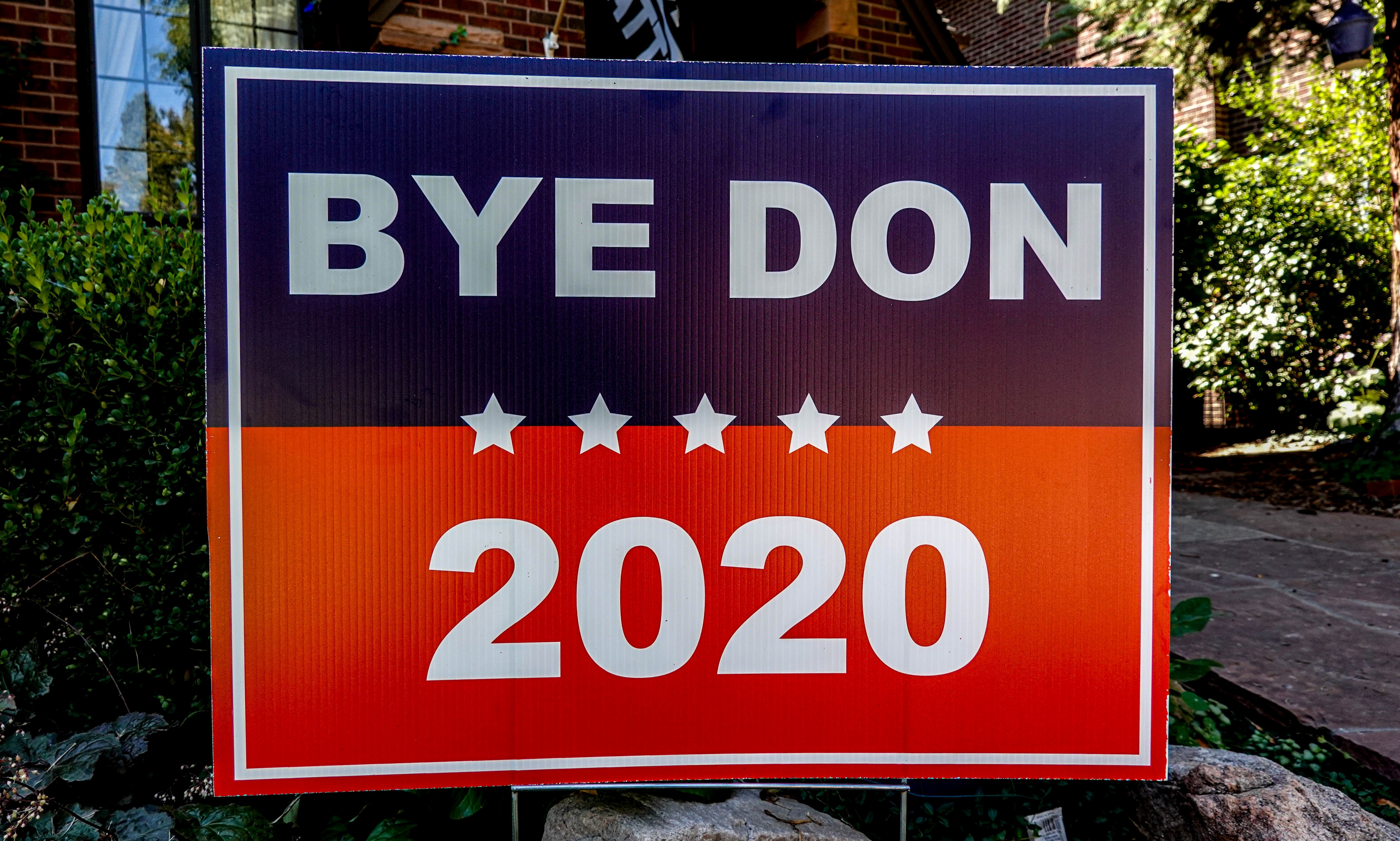There were positive inflows for a number of US ETFs with an environmental, social and governance (ESG) tilt following signs Democratic candidate Joe Biden could win the US Presidential election.
According to data from ETFLogic, the iShares MSCI USA ESG Screened UCITS ETF (SDUS) and the Xtrackers MSCI USA ESG UCITS ETF (XZMU) saw a combined $49m inflows on 4 November as investors looked to capture the potential upside from a number of Biden’s policies around sustainable measures.
The candidate, who has secured 264 electoral votes at the time of writing according to The Associated Press, has pledged to get the US back on track to reach net-zero carbon emissions by 2050, in line with the Paris Agreement.
This, the Democrats have pledged, will be achieved by investing around $2trn into clean energy in areas such as transportation, electricity and building sectors.
“These are the most critical investments we can make for the long-term health and vitality of both the American economy and the physical health and safety of the American people,” Biden said.
“When Donald Trump thinks about climate change, the only word he can muster is ‘hoax’. When I think about climate change, the word I think of is ‘jobs’.”
Questions remain as to whether Biden will be able to get his infrastructure budget through the Senate as expectations of a ‘blue wave’ sweeping the US failed to deliver.
It is unlikely the Democrats will fail to take back control of the Senate from the Republicans in what could be a blow to Biden’s pledge for a sustainable revolution.
Matthew Cady, investment strategist at Brooks Macdonald, commented: “US election results have started to roll in after polls closed overnight, but with key ‘swing states’ pointing to a much tighter overall race, markets have had to recalibrate earlier expectations of a Democrat ‘blue wave’.
“This is especially true for the Senate, and should the Republicans keep control, this would suggest more of an economic status quo where fiscal policy hopes might be more constrained that they might otherwise have been under a Democrat majority.
“As such, a ‘blue wave’ of infrastructure spending looks a little less likely at this time.”



